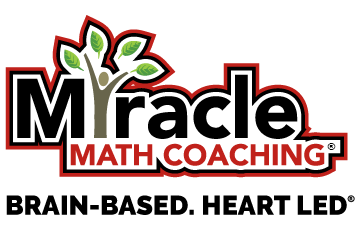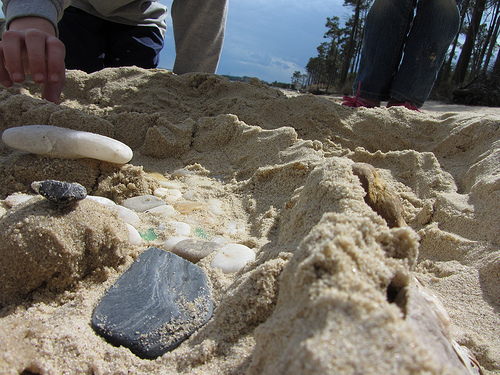10 Ways to Study to Earn a Great Progress Report
 It’s no secret that the more you study, the better your grades will be. With progress reports coming up, we’re providing 10 tips for sharpening your study skills.
It’s no secret that the more you study, the better your grades will be. With progress reports coming up, we’re providing 10 tips for sharpening your study skills.
And remember, the National PTA recommends students spend 10 minutes studying a night for number of the grade they’re in. For example, a first-grader should do 10 minutes of homework and a 9th-grader would do 90 minutes.
You can really make that time count by enrolling at the Miracle Math Coaching Center family, if you haven’t already joined. Just call 707-398-3474. Whether you sign up now or you’re an existing member, here are the 10 ways to study:
1. Turn off everything. No phones, television, stereo, videogames, and only use the computer or laptop for studying. If you’re writing a paper and don’t want to be tempted, turn off your wi-fi so you can’t surf the internet. When it comes to studying, Facebook is not your friend.
2. Get organized. If possible, compile all folders and notebooks into a binder; allocate a section to each subject area.
3. “Take 10” every time you do homework. Take two minutes to put all of your loose papers into the proper folders and take eight minutes to review handouts and notes from that day.
4. Create a homework planner or weekly schedule. Use a notebook or a calendar to track your assignments for the week. Record your homework in your planner as soon as your teacher assigns it. Think of your assignments as mini-goals, and check them off your list once they’re accomplished.
5. Use a timer. Allotting 15 or 20 minutes to a reading assignment or a section of homework sheets will keep you focused. When the timer bings, get up and stretch or do jumping jacks. Or, you can use the timer to challenge yourself, ie see how many math problems you can complete in 10 minutes or see whether you can finish reading an assignment and completing a worksheet on it within 30 minutes.
6. Work on the most challenging assignments first. The hardest subjects to study require the most effort. When you first sit down to do your homework, you’ll have the most mental energy to tackle these assignments.
7. Make flash cards. Use index cards or plain paper folded or cut to the size of cards. Put questions on one side and answers on the other, and quiz yourself until you get all the answers right.
8. Say stuff out loud. Repeating the material you’re learning aloud will help you remember it. And if you ace the test, who cares if it look like you talk to yourself?
9. Have a study support system. Studying with a friend is ideal. But even if you can’t arrange to get together, have the phone numbers of one or two fellow classmates who can help you out in a pinch. Other resources could include parents, older siblings or neighbors. Find out ahead of time who among those close to you might be able to help with certain subject areas.
10. Eat well while you study. If you’re studying before dinner, have snacks ready so you don’t have look for food if you get hungry. Avoid sugar and caffeine. Focus on “slow release” carbohydrates, which keep your blood sugar levels stable and better satisfies your hunger. They include non-starchy veggies (like carrots and celery), fresh fruits and nuts.







